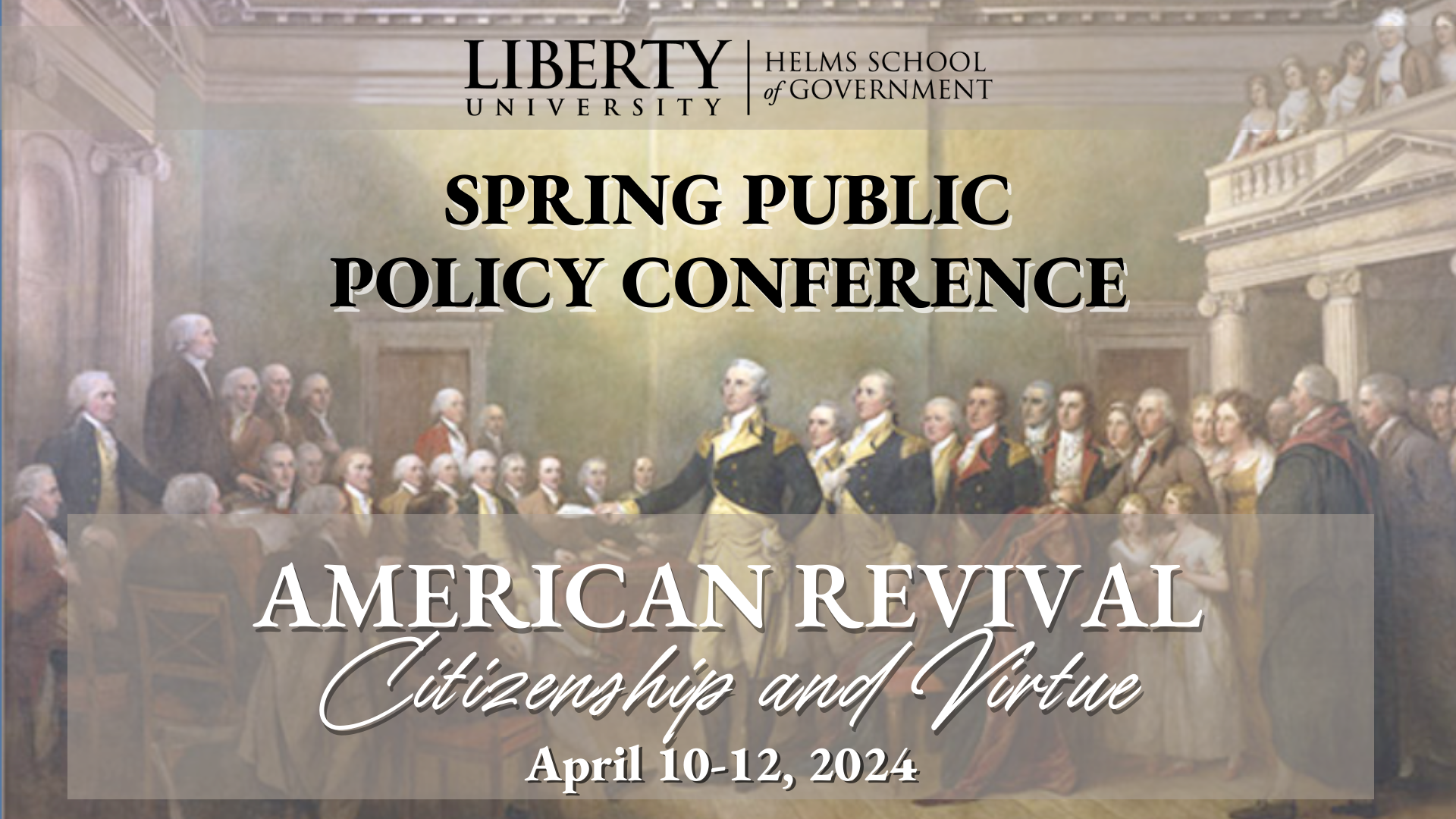Location
Constitutionalism
Level of Education
Graduate
Secondary Session
Biblical Perspectives on Government
Keywords
constitutional, exercise, public square, clauses, government, law, religion, liberties, interpretation
Presenter Names and Speeches.
James Black: "The Constitutional Case for Religious Influence in America's Public Square"
Michelle Deutsch: "The Legal Basis for Religious Freedom in America"
Abstract
The Establishment and Free exercise clauses of the First Amendment respectively state that Congress does not have the ability to pass a law that would either establish a national religion or prohibit the free exercise of any religion. While some legal scholars have given a more secular interpretation of the Establishment Clause, suggesting that there is no place for Christianity or any other religion in the public square or to influence American government, this is in conflict with interpretation by a substantial number of legal experts and constitutional scholars living both in and before the modern era, some of whom believe that both clauses are meant to work together to safeguard Americans religious liberties and inhibit the state’s ability to infringe upon those rights. Furthermore, the Founders themselves, including Thomas Jefferson, further identified the undeniable importance of the ideas of the Christian faith influencing the development of and implementation of U.S. common law in the country’s founding documents. The analyses of statements, both by America’s Founding Fathers and both past and modern constitutional scholars and legal experts, point to a very possible conclusion that the Establishment Clause was not intended to limit the ability of Americans to freely exercise their religious beliefs in the public square, but rather, to restrain the ability of the government, both at the state and federal level, to limit that exercise.
Included in
First Amendment Commons, Law and Philosophy Commons, Law and Politics Commons, Religion Law Commons, Supreme Court of the United States Commons
The Dueling First Amendment Clauses: Are They in Tension, or Do They Work Together?
Constitutionalism
The Establishment and Free exercise clauses of the First Amendment respectively state that Congress does not have the ability to pass a law that would either establish a national religion or prohibit the free exercise of any religion. While some legal scholars have given a more secular interpretation of the Establishment Clause, suggesting that there is no place for Christianity or any other religion in the public square or to influence American government, this is in conflict with interpretation by a substantial number of legal experts and constitutional scholars living both in and before the modern era, some of whom believe that both clauses are meant to work together to safeguard Americans religious liberties and inhibit the state’s ability to infringe upon those rights. Furthermore, the Founders themselves, including Thomas Jefferson, further identified the undeniable importance of the ideas of the Christian faith influencing the development of and implementation of U.S. common law in the country’s founding documents. The analyses of statements, both by America’s Founding Fathers and both past and modern constitutional scholars and legal experts, point to a very possible conclusion that the Establishment Clause was not intended to limit the ability of Americans to freely exercise their religious beliefs in the public square, but rather, to restrain the ability of the government, both at the state and federal level, to limit that exercise.



